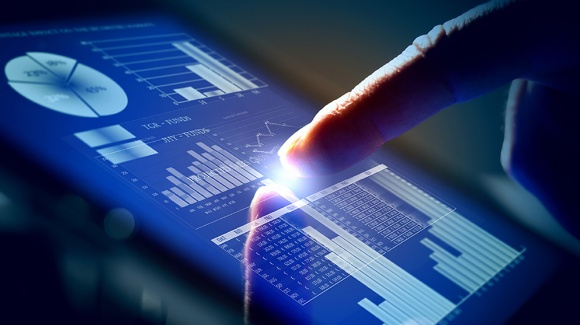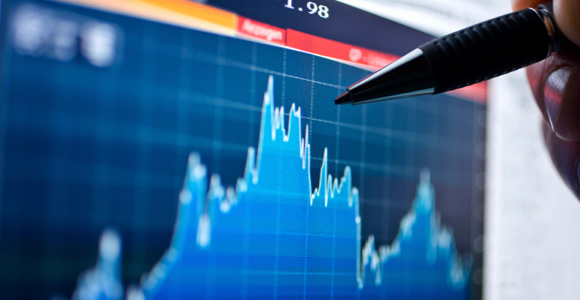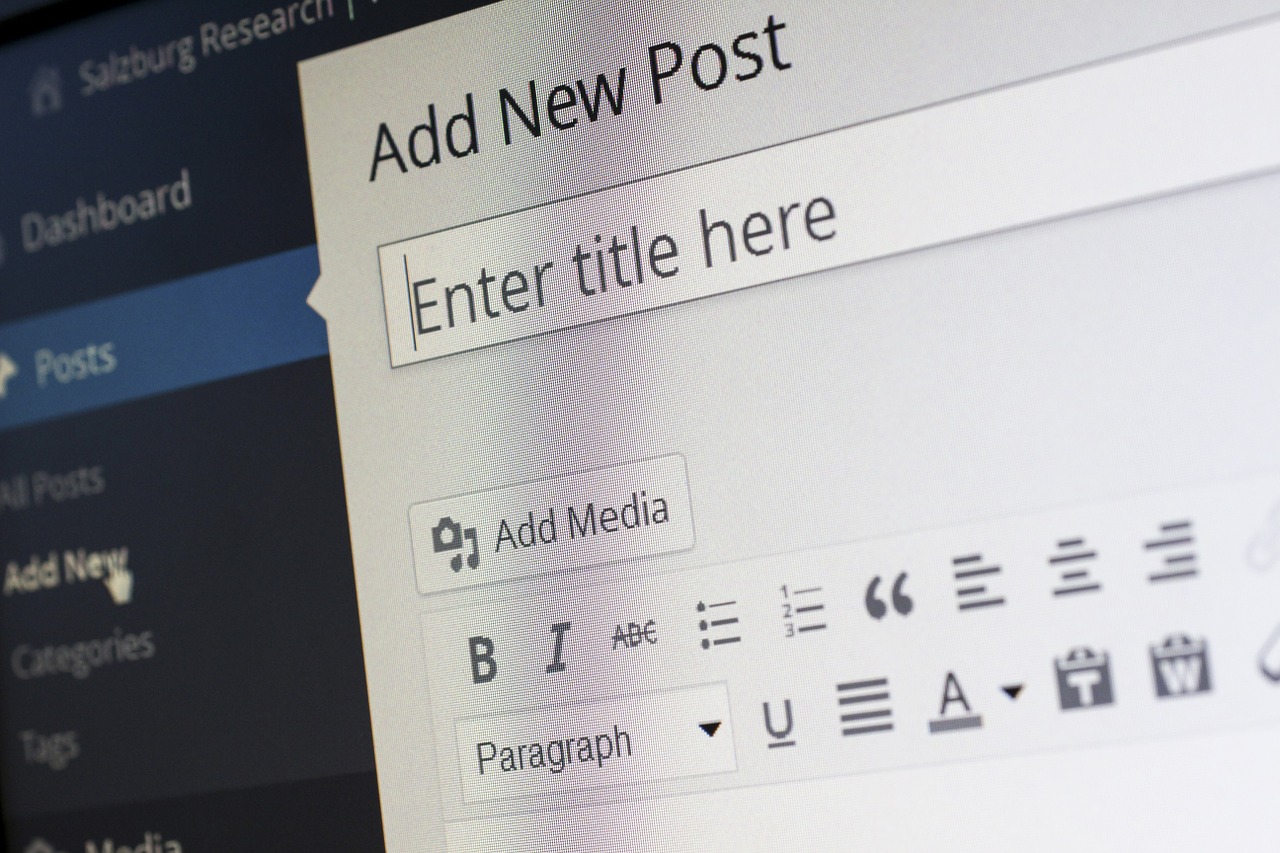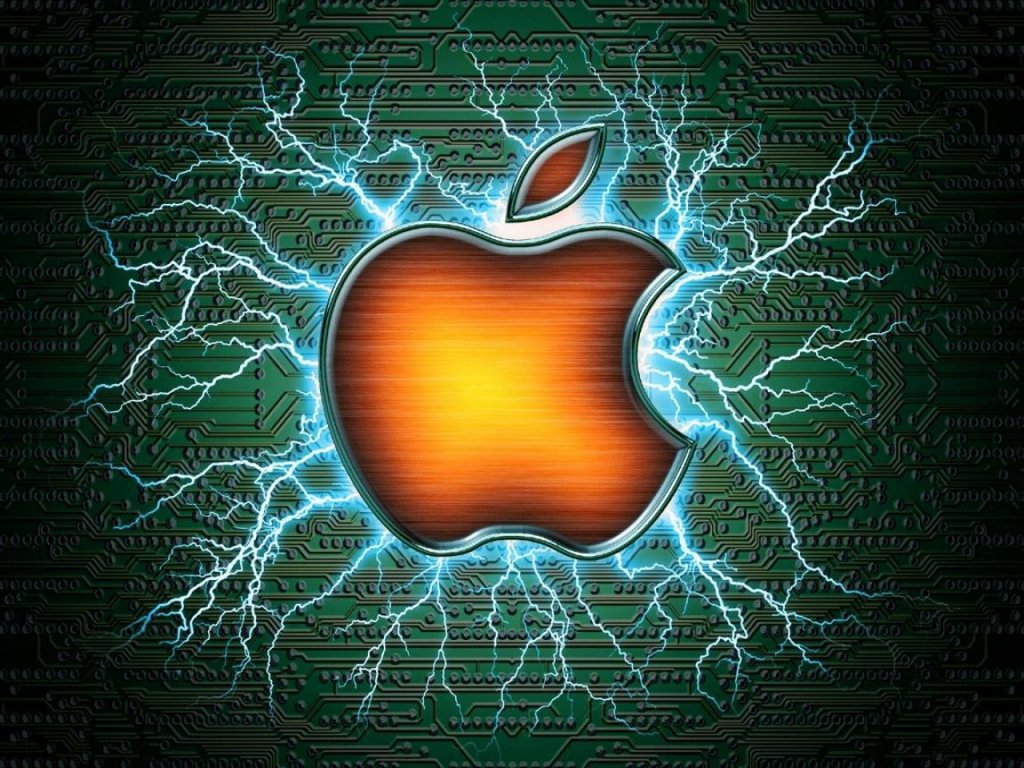So many of our business goals are driven by data. In the digital world, we have a seemingly unending supply of people, tools and services dedicated to “business intelligence”. So,…

What is business intelligence? Ambiguous interpretations.
So many of our business goals are driven by data. In the digital world, we have a seemingly unending supply of people, tools and services dedicated to “business intelligence”. So, what is business intelligence?
I’ve defined business intelligence in the following statement:
Business Intelligence (BI) is the information necessary to derive actionable, measured insights from any internal or external data sources that affect business success or failure.
It is important to break that down to understand what BI is, how it can be applied and used in driving success for everything you do. Business Intelligence drives actions and builds foundations.
Audience & Purpose
CMOs, CEOs, Brand managers, analysts, customers, there are so many different audiences to consider when talking about what data, insights and visuals need to be shown to the end user. All the data rolls up and there are purposes at each level. The lower the level (front line end users), the more controls for deeper analysis is needed and results from each level should create actions at the next level.
Data
We have all heard the term “Garbage in, Garbage out”. Well, it is absolutely accurate in regards to Business Intelligence. There is a difference between dirty data and garbage data. Dirty data can be cleaned and normalized, garbage data is full of holes and collected incorrectly at the source. If that happens, there isn’t much you can do except apologize to your clients that you have to start over.
The most import thing for data collection and aggregation is consistent and periodic validation of your collection methods.
Found this great article back in 2013 about how useless data is without insight. Numbers are different today but the methodology is spot on.
Tools
Yeah, there are tools. Don’t be fooled or blinded by shiny objects. Dashboards, charts and graphs are great but do the tools actually provide insight? Do the tools help determine gaps in knowledge? A good BI tool will not only show the good but more importantly show you where you are deficient and, depending on who is providing the tool, you may get actionable insights as a service.
It is a very exciting time for analytics. There is so much innovation in the market and smart people are changing the industry. Every week I see new interesting tools. Here is an interesting list separated by function (in no particular order):
Dashboards
Social BI Tools
People
Analysts are key. Being able to identify patterns, knowing the data, knowing the business objectives are all aspects of what you need in order to have solid business intelligence. Key to this is also having no fear to take action. Don’t be afraid to make the wrong decision. As long as the decisions are methodical and made incrementally you can change, adapt and adjust as needed.




